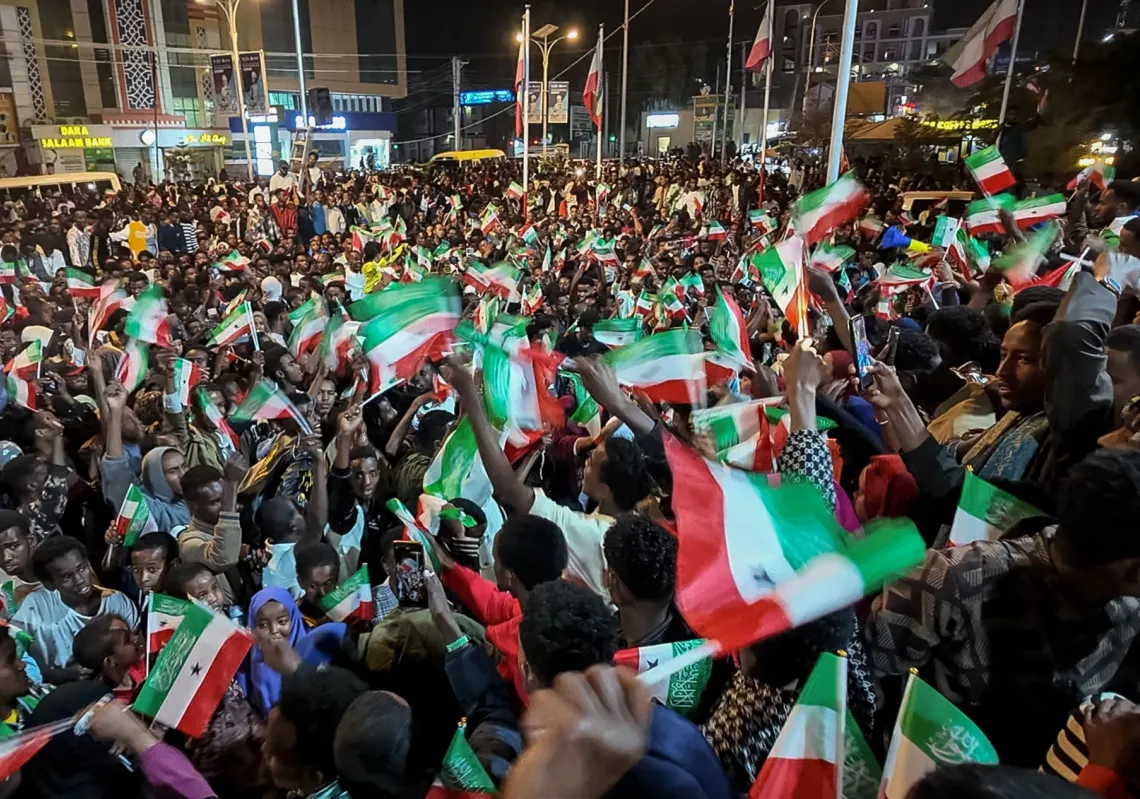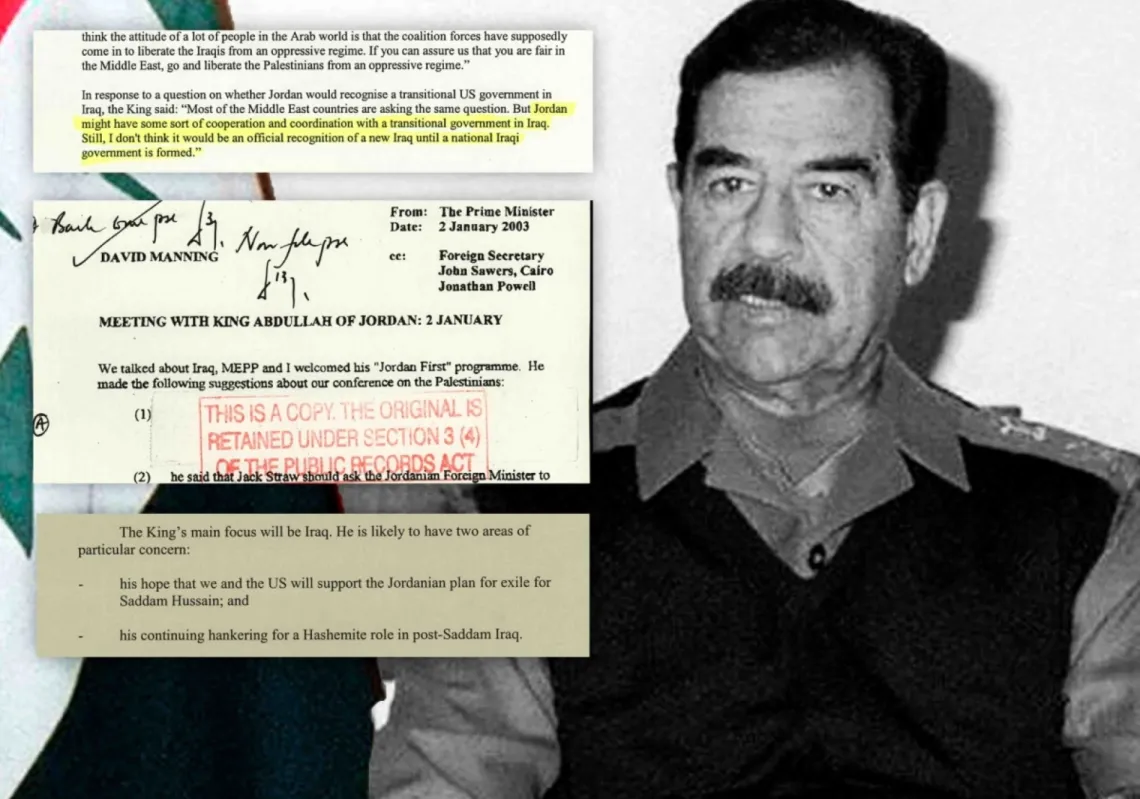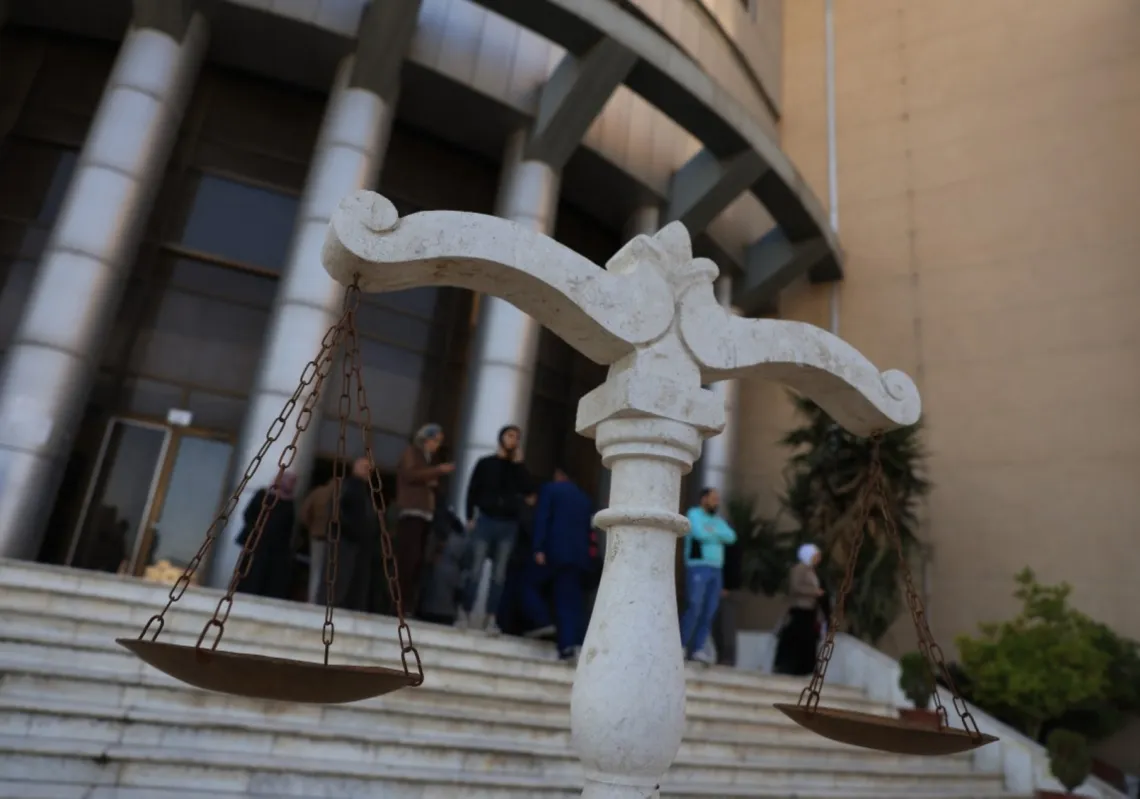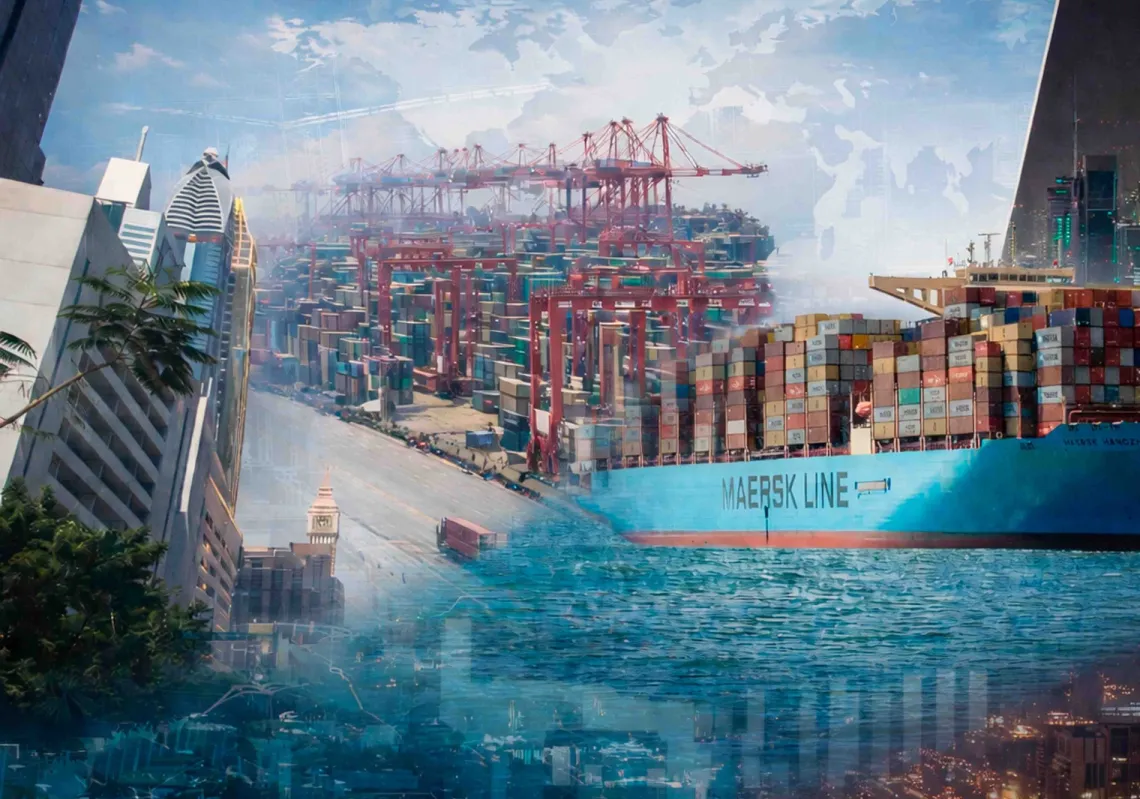The year is 1988. The Soviet Union lives on and the Berlin Wall has not yet fallen. Two years before, the great historian Paul Kennedy published a book (The Rise and Fall of Great Powers) predicting the rift between the US and the USSR to continue for centuries to come. 1988 was a world where Osama bin Laden was a mujahedeen hero in the West, responsible for dealing a mighty blow to the Soviet Empire in Afghanistan. It was a world where China was an economic non-issue, when the eminent Tiananmen Square riots were to signal a strong comeback of the anti-reform hardliners to the Politburo. Finally, 1988 was a world where Japan was today’s China, threatening the economic supremacy of the Western world.
Even if dwarfed by such major historical events, 1988 was also marked by the signing of a cooperation agreement between the European Union (EU) and the Gulf Cooperation Council (GCC), which pledged to enhance political and economic cooperation, and to negotiate a Free Trade Agreement (FTA). 22 years and 20 annual Joint Council meetings later, few if any international economic pundits, EU officials or business leaders know what this cooperation framework has really achieved. The general feeling remains that the GCC-EU cooperation framework constitutes a phenomenal forum for restating general and meaningless platitudes. Nothing more and nothing less.
Within this context, the 20 EU-GCC Joint Council of ministers’ communiqué released on 14 June 2010 was merely symptomatic of history repeating itself. The meeting held in Luxembourg between H.E. Sheikh Dr. Mohammad Sabah Al-Salim Al-Sabah, deputy prime minister of the State of Kuwait, H.E. Abdulrahman Bin Hamad Al-Attiyah, representing the GCC Secretariat, and H.E. High Representative Catherine Ashton from the EU was full of best-endeavor statements and devoid of any concrete measures. The joint communiqué re-emphasized support and condemnation in every area where interests and positions have historically converged—such as the situation in Iraq and the Israeli-Palestinian conflict—and “continued efforts” in all issues where positions have historically diverged—i.e. economic cooperation and coordination.
Even if this lack of cooperation reflects divergent positions, it certainly does not reflect divergent interests. The EU and the GCC are in fact important economic partners. By the end of 2007 bilateral direct investment stocks between the EU and the GCC had reached over 22 and 27 billion euros, respectively. In 2008, trade between the two regions reached over 105 billion euros. If the GCC were to be considered a country, it would be the seventh largest EU trading partner, just behind Japan. The EU is the GCC’s second largest trading partner, just behind Japan but with a 40 billion euro edge over a third place USA. Given the trade barriers between the two regions, one can only expect these figures—and the real economic benefits that they imply—to improve with deeper economic cooperation.
Although research on the economic impact of an FTA between the EU and the GCC is scarce, the existing studies, such as a July 2004 study carried out by the Centre for European Policy Studies (CEPS), confirm that an agreement between both regions would be mutually beneficial. According to the CEPS study, an FTA between the two regional blocks would boost the GDP of the GCC by 2.3 percent and the EU’s by 0.3 percent. The smaller size of GCC markets relative to the EU economy means that the GCC would benefit relatively more than the EU from enhanced trade relations. The conclusion of an FTA would also help to reduce the financial imbalances between the two regions, by reducing the current account surplus of GCC countries, leading to an appreciation of their exchange rates (another area where bilateral cooperation has been lackluster).
In a situation where the GCC benefits relatively more from an FTA than the EU, one is no doubt surprised to learn that it is in fact the GCC that is hampering the conclusion of these negotiations. Indeed, the Saudi refusal to phase out oil exports subsidies and the region’s unwillingness to allow foreign ownership of domestic companies derailed, once more, the 20 year old negotiation process on 27 May of this year. What is more surprising is that this attitude goes against the GCC’s interest doubly: first, by constricting trade, and second, by fortifying the very domestic distortions that render the process of economic diversification so difficult.
Laxer foreign ownership restrictions would increase the region’s attractiveness to foreign investors, bringing greater investment and know how to the region’s economy. Furthermore, higher imports would not only significantly increase consumer welfare (by lowering prices and increasing choice), but would also lead to the appreciation of the exchange rate. This appreciation would in turn lead to a reallocation of national resources and an expansion of the non-oil sector. In other words, freer trade between the EU and the GCC would not only increase the latter’s economic welfare, but would also facilitate the development and viability of post-oil strategies
The past 20 years have brought changes that were unthinkable even to such great minds as Paul Kennedy. The Soviet Union is no more; heroes have become villains; and a poor and backward country has surpassed Japan as the West’s main political and economic “competitor.” When one thinks of how much has changed in 20 years, one is dazzled by the fact that so little is achieved in areas where interests converge. While empires rise and fall, politicians have been unable to agree to stop shooting themselves in their own foot. If the power of empires does not last forever, political stubbornness just may.








